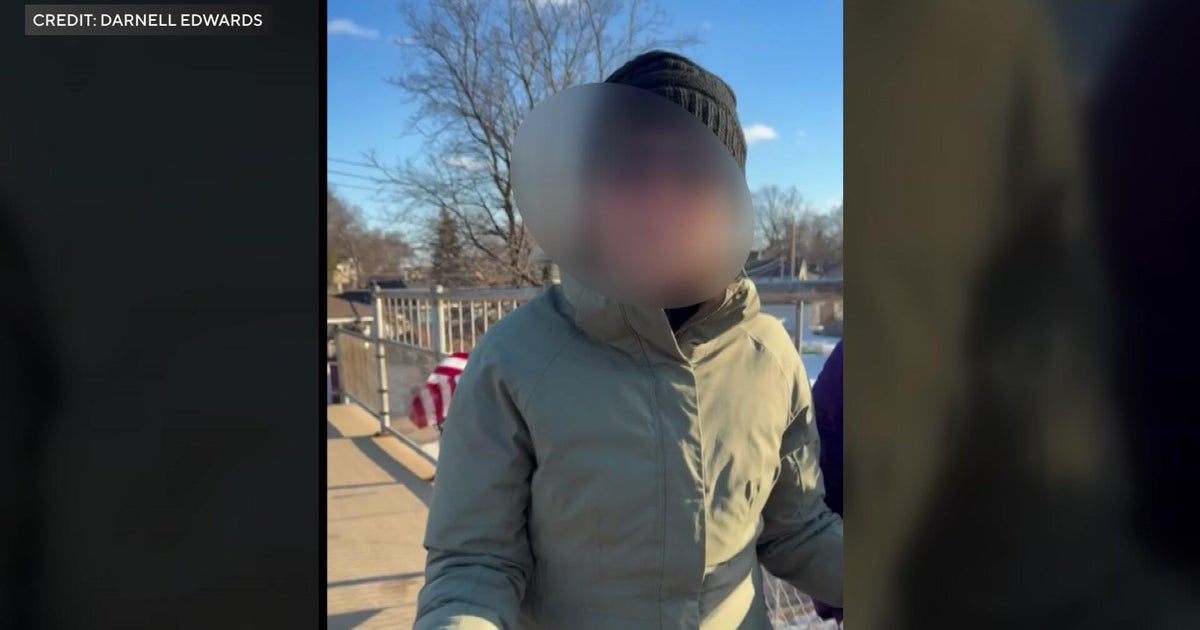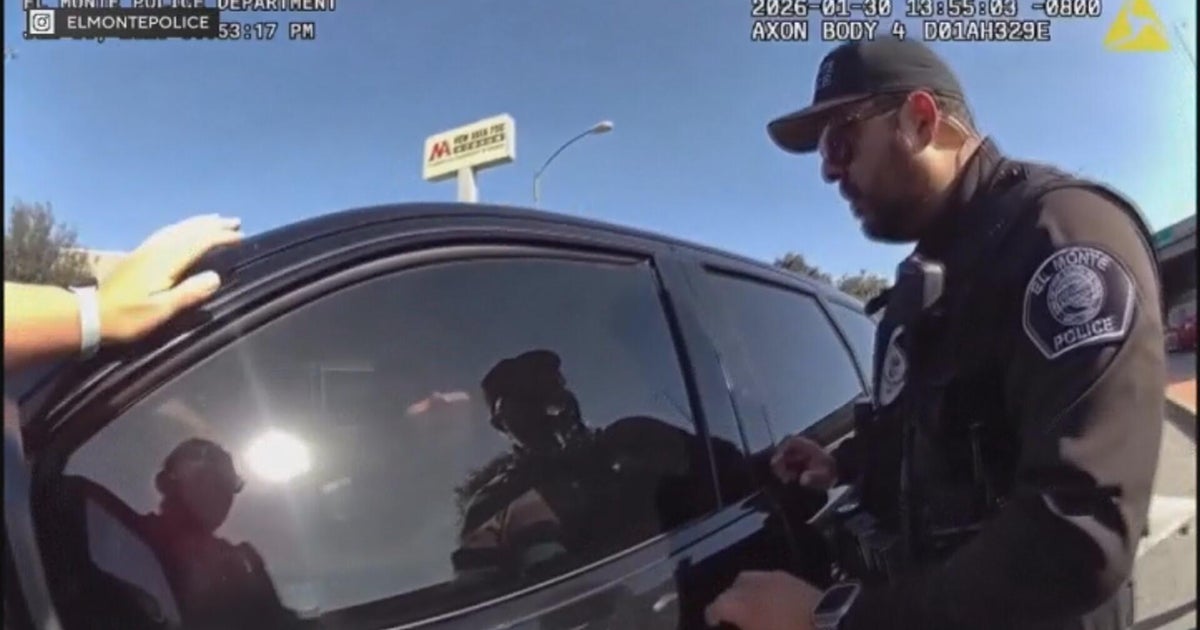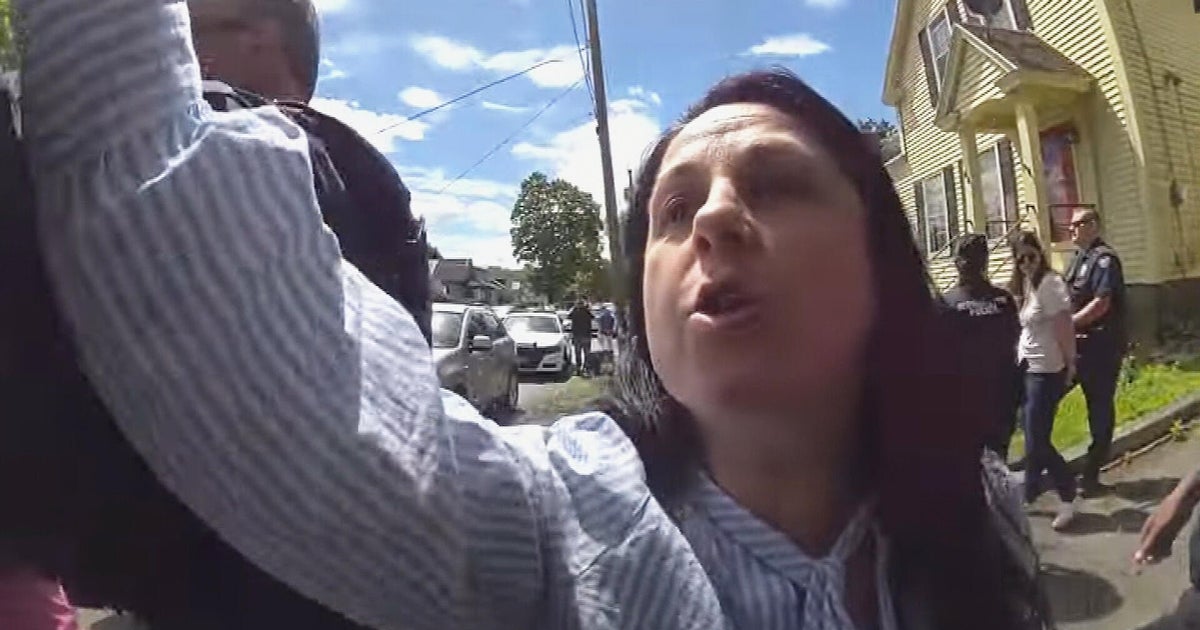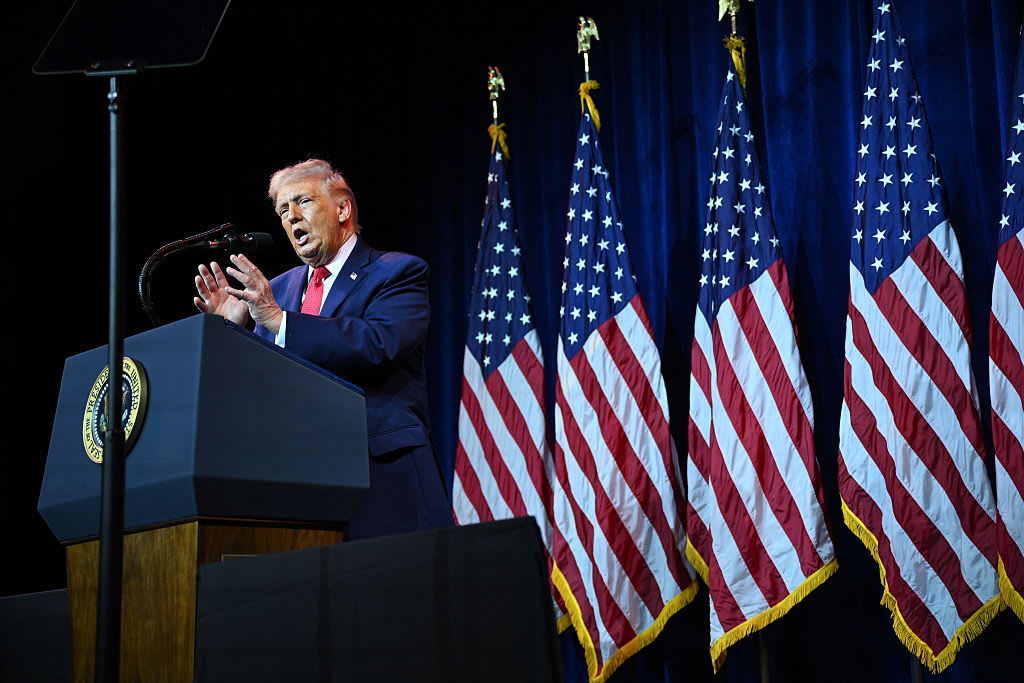Iran protesters defy police to mark 40 days since Mahsa Amini's death
Hundreds of protesters poured into the streets of a northwestern Iranian city on Wednesday to mark 40 days since the death in custody of 22-year-old Mahsa Amini, who was arrested by Iran's morality police in September for allegedly wearing her headscarf incorrectly. Her death sparked Iran's biggest anti-government protest movement in over a decade.
Deaths are commemorated in Shiite Islam again 40 days later, typically with an outpouring of grief. In Amini's Kurdish hometown of Saqez, the birthplace of the nationwide unrest now roiling Iran, crowds snaked through the local cemetery and thronged her grave.
"Death to the dictator!" protesters cried, according to video footage that corresponds with known features of the city and Aichi Cemetery. Women ripped off their headscarves, or hijabs, and waved them above their heads. Other videos showed a massive procession making its way along a highway and through a dusty field toward Amini's grave. There were reports of road closures in the area.
"They tried to stop us from entering the cemetery... but I managed to get in," one protester told the Reuters news agency.
Kurdistan Governor Esmail Zarei Koosha insisted that traffic was flowing as normal, and state-run media said that schools and universities in Iran's northwestern region would close, purportedly to curb "the spread of influenza."
In downtown Tehran, the capital, major sections of the traditional grand bazaar closed in solidarity with the protests. Crowds clapped and shouted "Freedom! Freedom! Freedom!" through the labyrinthine marketplace.
"This year is a year of blood!" they also chanted. "(Supreme Leader Ayatollah Ali Khamenei) will be toppled!"
Riot police on motorbikes were out in force. A large group of men and women marched through the streets, setting trash cans ablaze and shouting "Death to the dictator!" as cars honked their support. Police unleashed anti-riot bullets at protesters in the streets and sprayed pellets upward at journalists filming from windows and rooftops. Anti-government chants also echoed from the University of Tehran campus.
Amini, detained for allegedly violating the country's strict dress code for women, remains the potent symbol of protests that have posed one of the most serious challenges to the Islamic Republic.
"She was tortured in the van after her arrest, then tortured at the police station for half an hour, then hit on her head and she collapsed," her family claimed after her death. The police deny she was mistreated and say she died due to medical issues.
With the slogan #WomanLifeFreedom, the demonstrations first focused on women's rights and the state-mandated hijab for women. But they quickly evolved into calls to oust the Shiite clerics that have ruled Iran since the 1979 Islamic Revolution.
The protests have also galvanized university students, labor unions, prisoners and ethnic minorities like the Kurds along Iran's border with Iraq.
Since the protests erupted, security forces have fired live ammunition and tear gas to disperse demonstrations, killing over 230 people, according to rights groups.
Untold numbers have been arrested, with estimates in the thousands. Iranian judicial officials announced this week they would bring over 600 people to trial over their role in the protests, including 315 in Tehran, 201 in the neighboring Alborz province and 105 in the southwestern province of Khuzestan.
Tehran prosecutor Ali Salehi told the state-run IRNA news agency that four protesters were charged with "war against God," which is punishable by death in Iran.
Iranian officials have blamed the protests on foreign interference, without offering evidence.
Last week, Iran imposed sanctions on over a dozen European officials, companies and institutions, including foreign-based Farsi channels that have extensively covered the protests, accusing them of "supporting terrorism." The sanctions involve an entry and visa ban for the staffers in addition to the confiscation of their assets in Iran.
Deutsche Welle, the German public broadcaster whose Farsi team was blacklisted, condemned the move on Wednesday as "unacceptable."
"I expect politicians in Germany and Europe to increase the pressure on the regime," said DW Director General Peter Limbourg.



